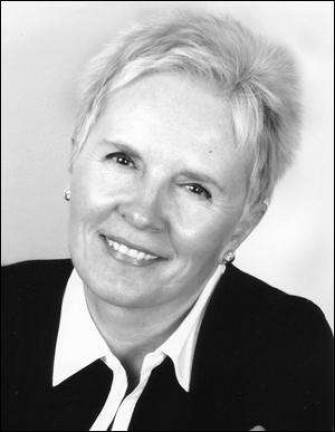College professor named for summer study and travel to Korea

MIDDLETOWN Kathleen Wright, professor at the State University of New York at Orange, will spend four weeks this summer investigating Korean culture and society as part of a selective faculty development program sponsored by the East-West Center at the University of Hawaii. A key component of the East-West Center’s Asian Studies Development Program, the intensive three-week seminar and field study workshop includes one week of lectures and classes at the university’s Honolulu campus prior to a two-week trip to Seoul and South Korea, departing June 2. Wright began her experience on May 20, utilizing the East-West Center’s resources for an additional week of in-depth studies prior to the workshop in Hawaii. Wright, who has spent time in the country before as a Peace Corps volunteer, was selected from a large pool of faculty applicants from colleges and universities across the country. Once in Seoul, the group will have its classroom work supplemented by tours of the city, the National University’s Art Museum, the National Museum and the National Palaces. The purpose of the seminar is to introduce college and university faculty in the humanities and social sciences to Korean culture, literature, art, film, history and contemporary affairs, as a means of facilitating the infusion of Korean material into the undergraduate curriculum. “I am honored to have been selected for this program,” said Wright, a long-time professor in the college’s English and foreign languages department. “I plan to incorporate my studies from this workshop into my international literature, contemporary novel and freshman English courses. I also plan to share my studies with the campus community to enhance understanding of the multi-cultural world in which we live today.” The East-West Center is an education and research organization established by the U.S. Congress in 1960 to strengthen relations and understanding among the peoples and nations of Asia, the Pacific and the United States. Funding for the Center comes from the U.S. government, with additional support provided by private agencies, individuals, foundations, corporations and the governments of the region.